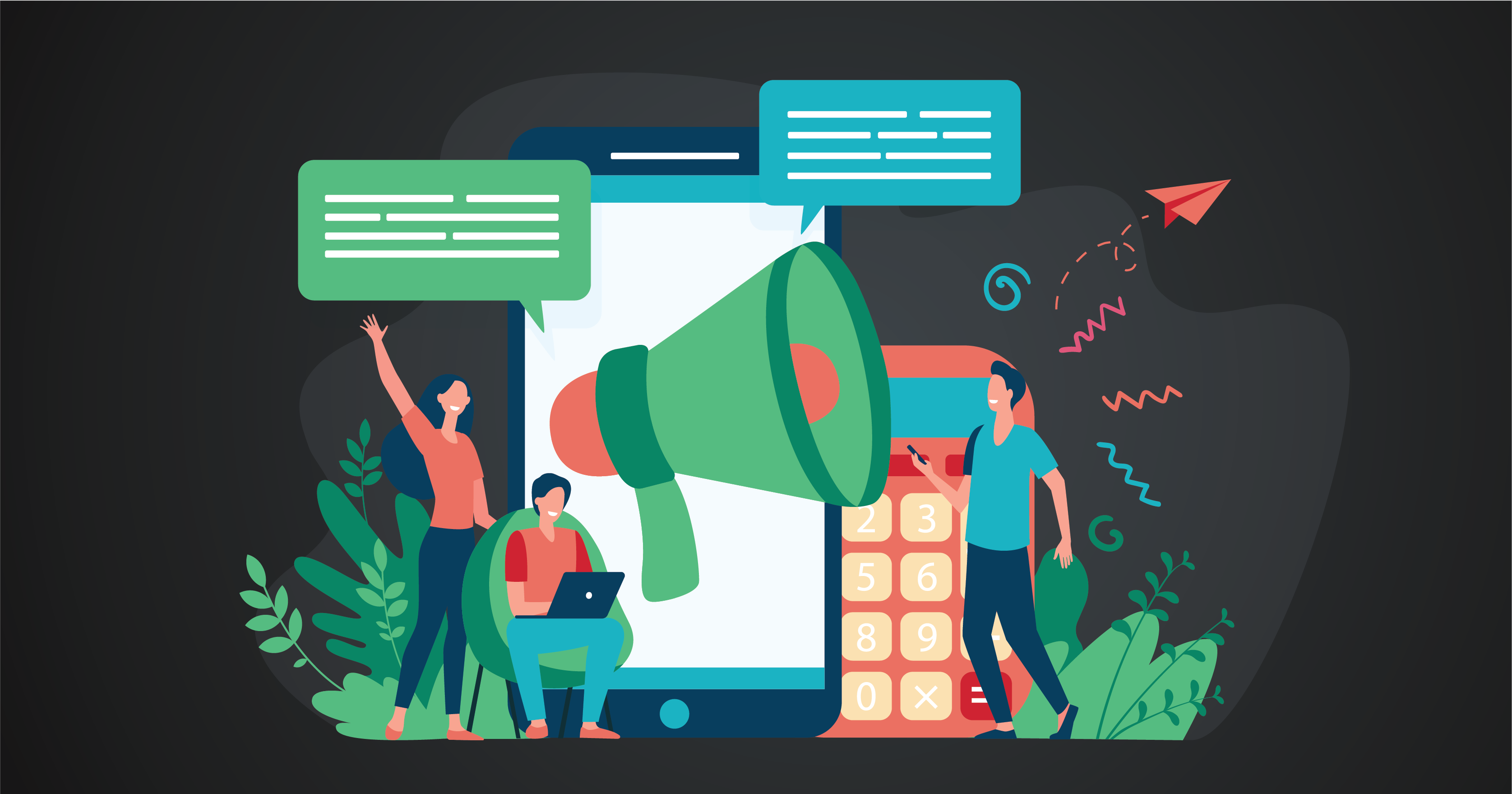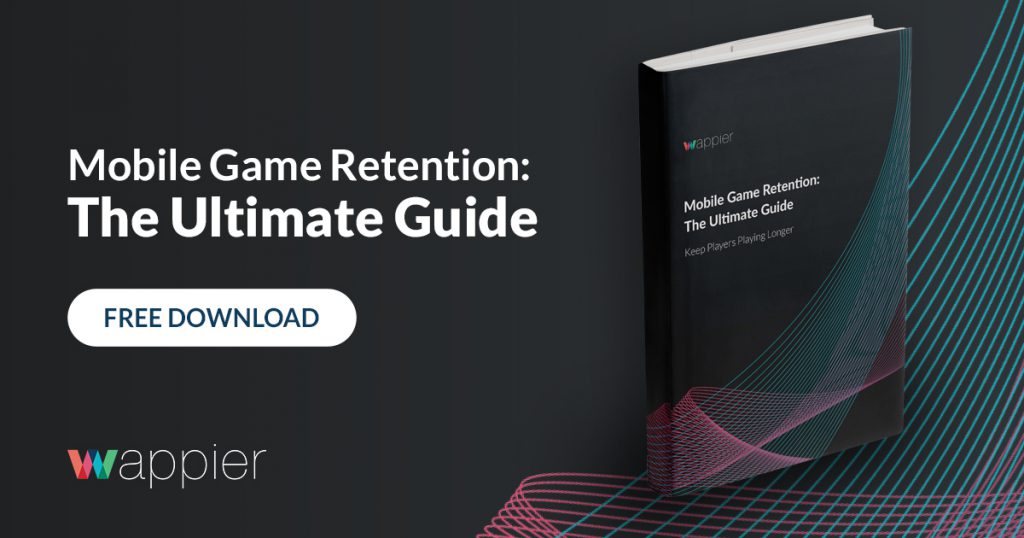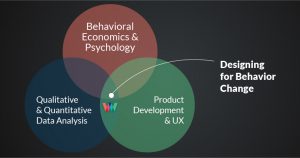The renowned author and speaker Dale Carnegie once said that “A person’s name is to him or her the sweetest and most important sound in any language.” This simple — but profound — statement captures the essence of what makes marketing personalization work: It recognizes that people prefer to be treated as individuals.
Once an innovation, personalized marketing has now become foundational to modern marketing. Hubspot has noted that as of 2020, 92% of marketers believe personalization has become par for the course. But what is marketing personalization? If you want to understand more about this approach and its benefits, your 2021 guide to marketing personalization is right below.
Jump to a section
What is Marketing Personalization?
Personalized Marketing Benefits for Consumers
Marketing Personalization Benefits for Brands
What is Marketing Personalization?
Personalized or one-to-one marketing is a modern approach to connecting with your prospects as people. Personalized marketing uses the data that you have on each of your prospects to deliver custom messaging designed to speak to them as individuals.
Classic marketing and advertising is a numbers game. It succeeds — or fails — based on how many people see and are compelled by a message. Its messaging strategy emphasizes content with universal relevance. Personalized marketing, on the other hand, is an accuracy game. Its success hinges on showing the right people the right message. Instead of building broad interest, personalized marketing is about creating content that appeals to a particular individual.
To achieve its aims, personalized marketing relies on the following three pillars:
- Data: Because you’re aiming to be relevant to a specific individual, you want to have as complete and accurate data as possible on that prospect. While acquiring prospect data will only get more challenging in the coming years, the payoff is worth the effort: The better your information is, the more powerful your message can be.
- Analytical skill: While great data is the foundation of personalized marketing, the next step is to generate insights based on that data. You need to know what aspects of a prospect’s data profile to focus on and what should be ignored. Once you have these insights, you can build the perfect message for each individual.
- Automation: Finally, most personalized marketing requires marketing automation systems to run. Delivered through email, blog posts, digital ads, and more, effective personalized marketing campaigns leverage the full modern marketing tech stack. The messages may feel handcrafted, but they’re delivered en masse.
Personalized Marketing Benefits for Consumers
If executed well, marketing personalization is a true win-win. The tailored treatment can make customers feel cared for — and marketing campaigns are significantly more effective. Let’s start with looking at why prospects prefer personalized marketing over traditional methods.
- Relevance: Statista recently reported that 90% of US consumers like personalized marketing. Why? Marketing isn’t inherently annoying, but it’s usually irrelevant. And the difference between interesting and annoying is relevance.
Relevance is relative and can take many forms. It could be an email with valuable tips on meal prep techniques sent to a health-conscious couple. It could be a video ad for an air-conditioning solution shown to someone who lives in Las Vegas. One of the most popular examples, according to Accenture, is a well-crafted “sorry” after a poor customer experience. Whatever the message or medium, people like marketing personalization because it speaks to their life.
- Relationship: If this relevant information is delivered consistently — and skillfully — a relationship is built. While this bond benefits the business, consumers appreciate it as well. People want to find brands that they like. It makes getting what they need faster and gives them something to share with friends. Plus, being a fan is just plain fun.
Marketing Personalization Benefits for Brands
Brands have just as much to gain from personalized marketing as consumers do. The approach makes marketing efforts more powerful in almost every way: more accurate, efficient, and endearing. Now, let’s take a look at each of these benefits in more detail.
- Accuracy: Because each message delivered via personalized marketing is based on individual consumer intelligence, the likelihood that it finds the bullseye is much higher. According to Hubspot, personalization is the top method email marketers use to maximize engagement. In other words, aim matters.
- Efficiency: Higher accuracy means less waste. If your marketing relies on sheer numbers to drive growth, you can guarantee that a sizable portion of your campaign spend will be squandered. Personalization may take more time on the front end, but the payoff is higher ROI. As Abe Lincoln once said, “Give me six hours to chop down a tree, and I will spend the first four sharpening the ax.”
- Brand loyalty: The holy grail of marketing, brand loyalty is built on a foundation of consistently positive interactions with consumers. Since personalized marketing is designed to maximize positive interactions, it’s an ideal approach to building brand loyalty.
Personalized Marketing Companies
Now that we’ve covered what personalized marketing is and how it benefits both brands and consumers, let’s review a few notable examples of companies that employ personalized marketing.
- Spotify: The music streaming platform relies on a unique marketing personalization to boost customer engagement: Wrapped reports. At the end of every year, Spotify delivers beautiful, sharable personal listening reports and playlists to its users. The reports include a full breakdown of a user’s year in music on the platform — all nicely branded and ready to share across social media. This clever use of personalization leverages the universal love of self-expression through artistic preference to build a deeper connection with its users. And spread the Spotify gospel.
- Target: The popular retailer uses in-depth analysis of its customers’ buying behavior to predict what offers to send them and when. If, for example, Target notices that a given shopper has seemingly started buying supplies for a coming child, they’ll begin sending them promos for baby products. Rarely missing a key industry trend, Target has been working on this capability for decades. Its success was so remarkable that it even spawned an urban legend.
Deploy Personalized Marketing Campaigns With wappier
Our mobile marketing technology empowers businesses to do much of the personalization we’ve just explored, enabling our customers to maximize consumer engagement, retention rates and overall revenue.
Our ML-powered engine produces personalized recommendations through a real-time analysis and assessment of each individual’s key metrics, including probability to churn, probability to convert, and lifetime value. This leads to a dynamic assembly of custom creative (messaging, tone of voice & background image) and a real-time personalized offer generation, optimized per each individual, serving them the right offer at the perfect moment.
If you’re interested in a partner that can help you create high-performance marketing personalization, then be sure to reach out.







